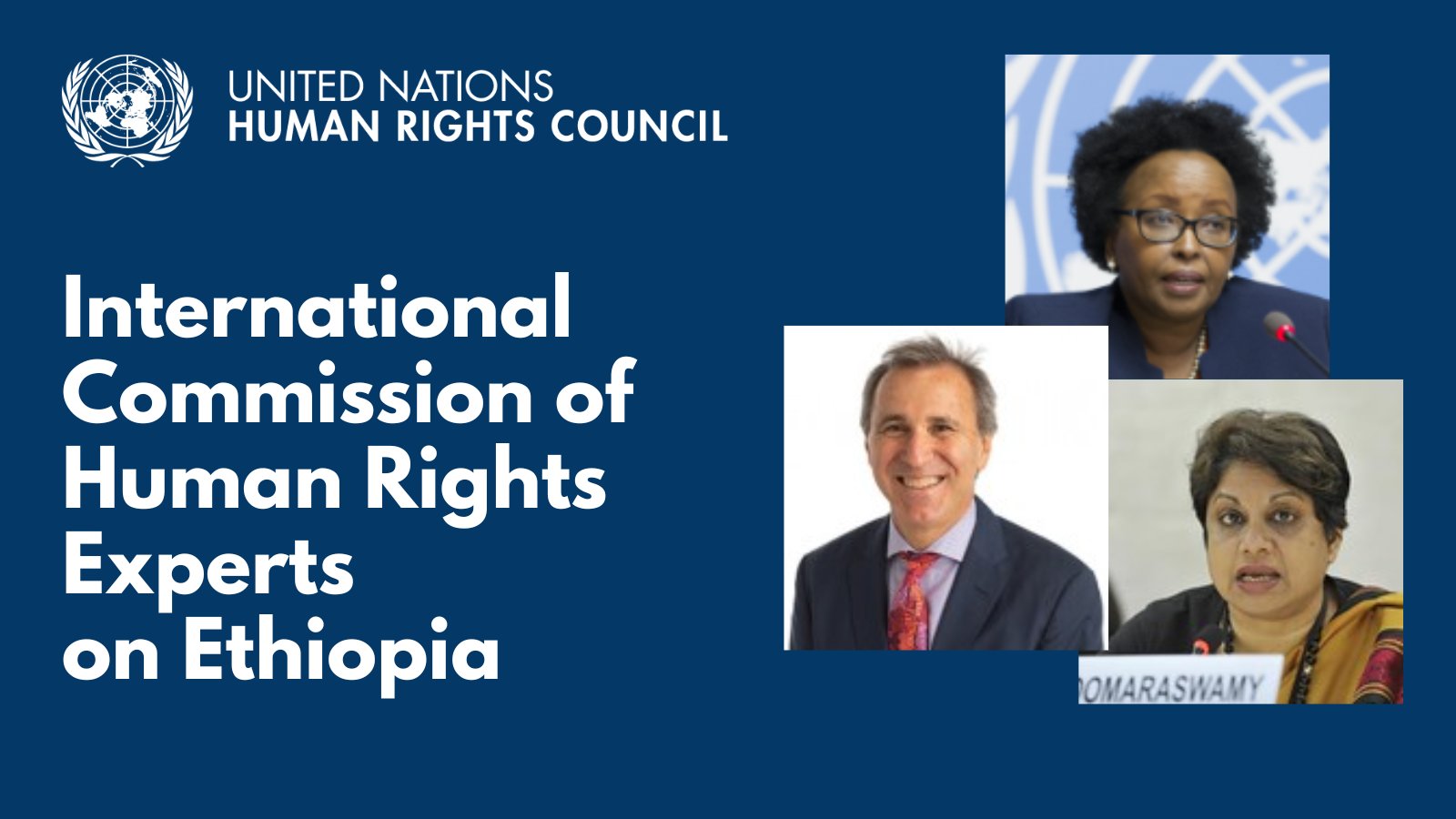Taiwan tycoon to fund 3.3 million civilian defence force
A Taiwanese tycoon has announced his plan to train 3.3 million “civilian warriors” and marksmen to defend Taiwan from a Chinese invasion via the Kuma Academy, using one billion Taiwan dollars ($32m) of his own money.
Robert Tsao, a Taiwanese businessman and founder of United Microelectronics Corp said at an announcement that he pledges to train "three million people in three years". Working in tandem with the island civilian defence organisation, the Kuma academy, Tsao said 60% of the fund would go to building an army of "warriors" and 40% to training another 300,000 in how to shoot.
“If we can successfully resist China’s ambitions, we not only will be able to safeguard our homeland but make a big contribution to the world situation and the development of civilisation,” Tsai said.
Tsao was formerly an active supporter of unifying Taiwan with China, and had renounced his Taiwanese citizenship in protest against a government investigation of his company. However, he told Radio Free Asia that he had a change of heart after witnessing the crackdown on Hong Kong’s pro-democracy movement, particularly the Yuen Long MTR attack. On Thursday he also announced he had renounced his Singaporean citizenship and that his Taiwanese citizenship had been restored and he planned to “die in Taiwan and stand with its people”.
“Given the Chinese Communist party’s record of atrocities against its own people and its brutal domination of those like the Uyghurs who are not even Chinese, the CCP’s threats have only ignited among the Taiwanese people a bitter hatred against this threatening enemy, and a shared determination to resist,” he said, according to Bloomberg.
The Kuma Academy was established in 2021, amid growing desire from Taiwan’s civilian population to be trained in guerrilla warfare, self-defence and first-aid skills. In August it launched a crowdfunding drive, and was approached by Tsao.
“This goal is ambitious and the challenge is daunting, but Taiwan has no time to hesitate,” the academy said in a statement.
Tensions between Taiwan and China have risen dramatically in recent months, particularly after a visit to Taiwan by the US House speaker, Nancy Pelosi. In response, China’s military surrounded Taiwan with live-fire exercise drills that lasted for several days and included missile tests and multiple crossings of the median line – an unofficial border in the Taiwan Strait which China’s government has recently rejected.
Taiwan’s defence ministry on Thursday said its soldiers had shot down a Chinese drone for the first time. The drone had flown over military posts on Taiwan’s Kinmen Islands, which sit just off the Chinese mainland, and ignored warnings to leave, the ministry said. Taiwan had previously shot flares at repeated drone flights during and after the post-Pelosi drills, but video footage from recent flights over the islands had shown Taiwanese soldiers throwing rocks, prompting some embarrassment.
Read more at the Guardian.

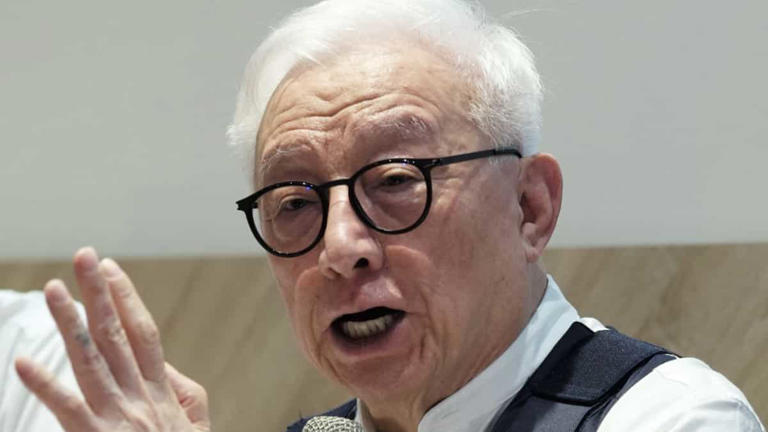

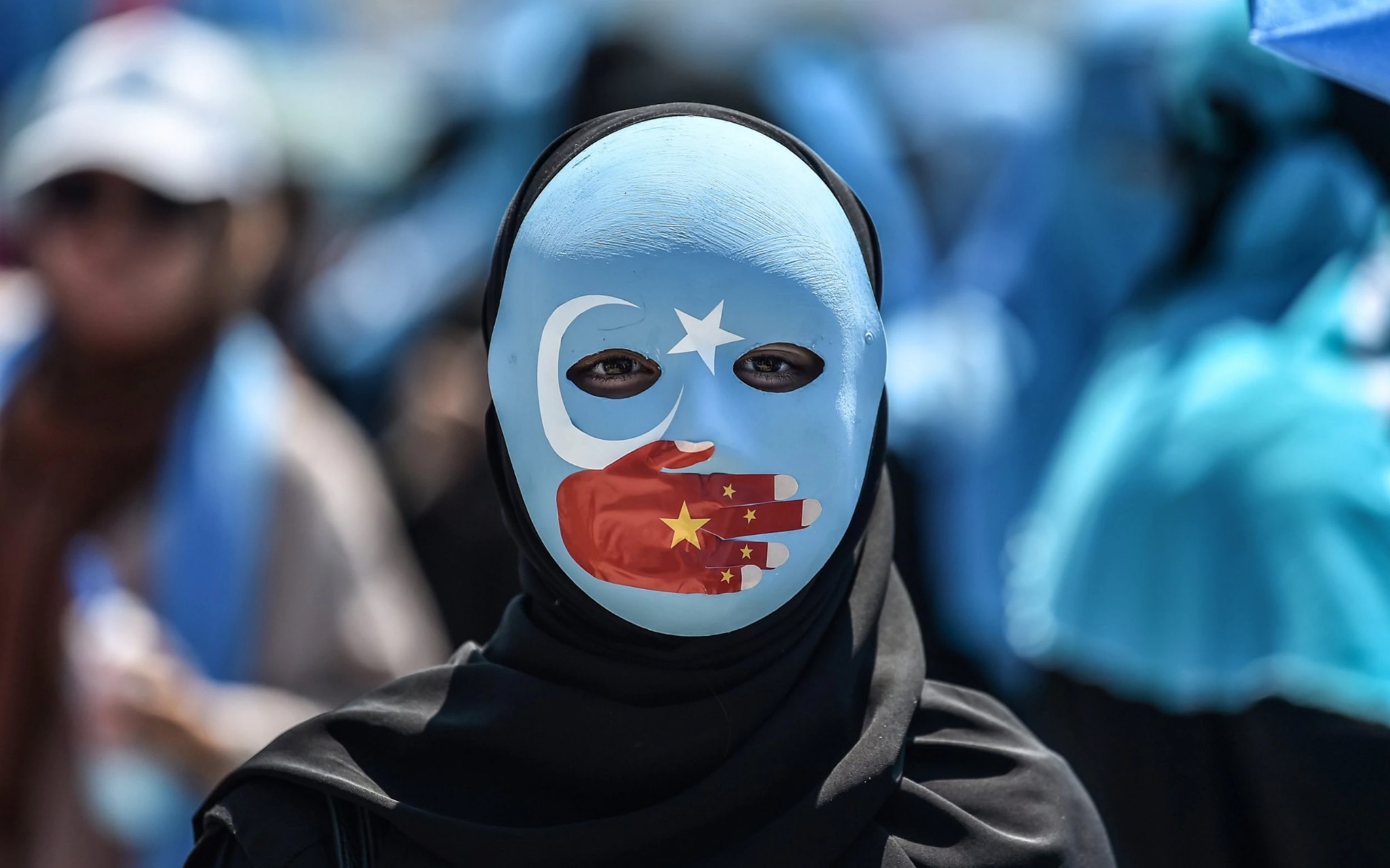 The UN has released a long-delayed report into conditions for Uighurs in China's northwestern Xinjiang region.
The UN has released a long-delayed report into conditions for Uighurs in China's northwestern Xinjiang region. 
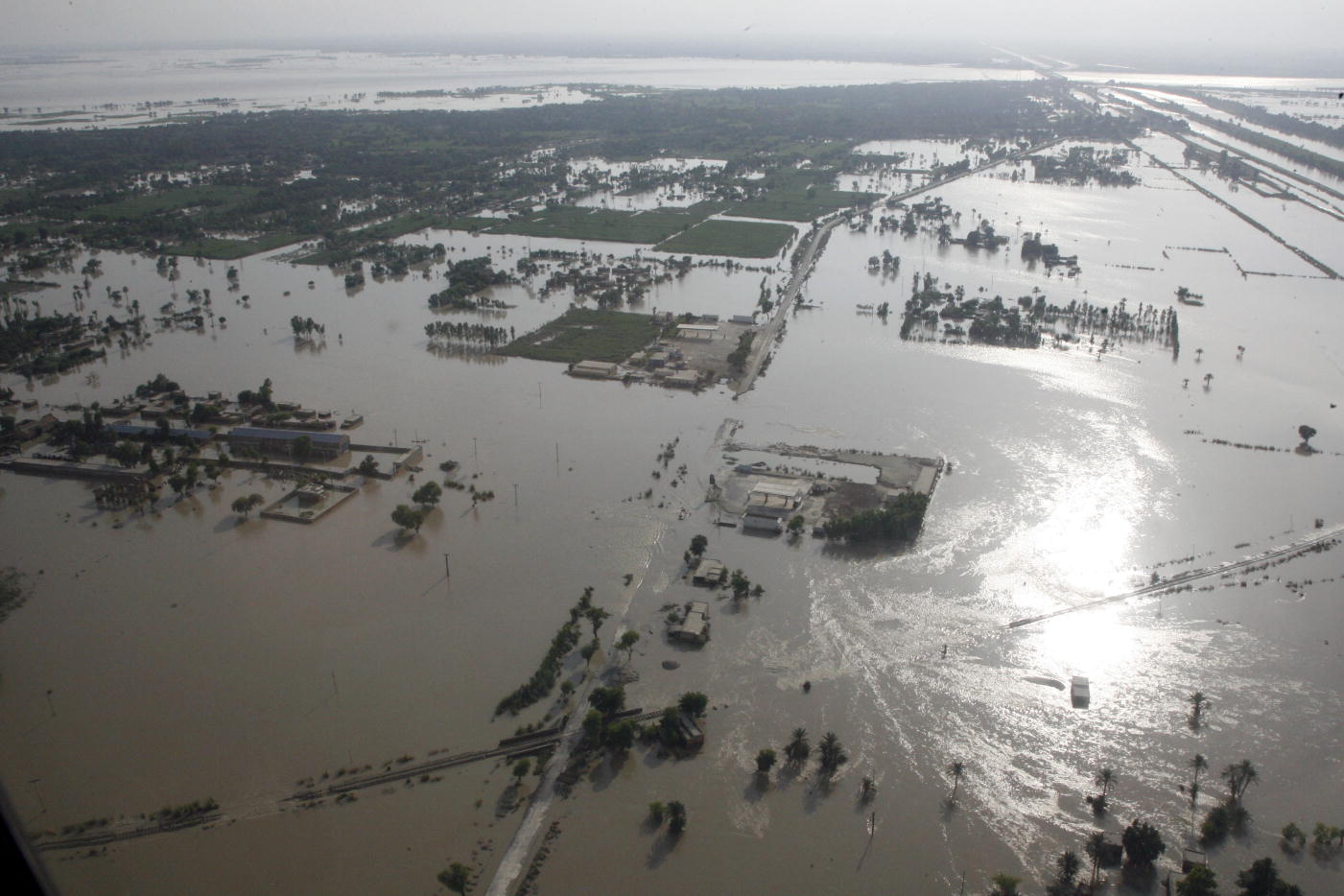
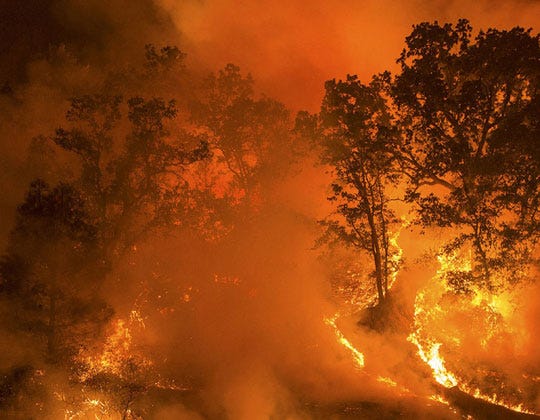


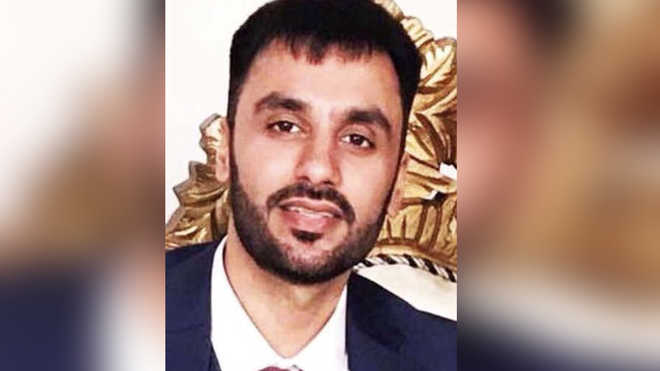

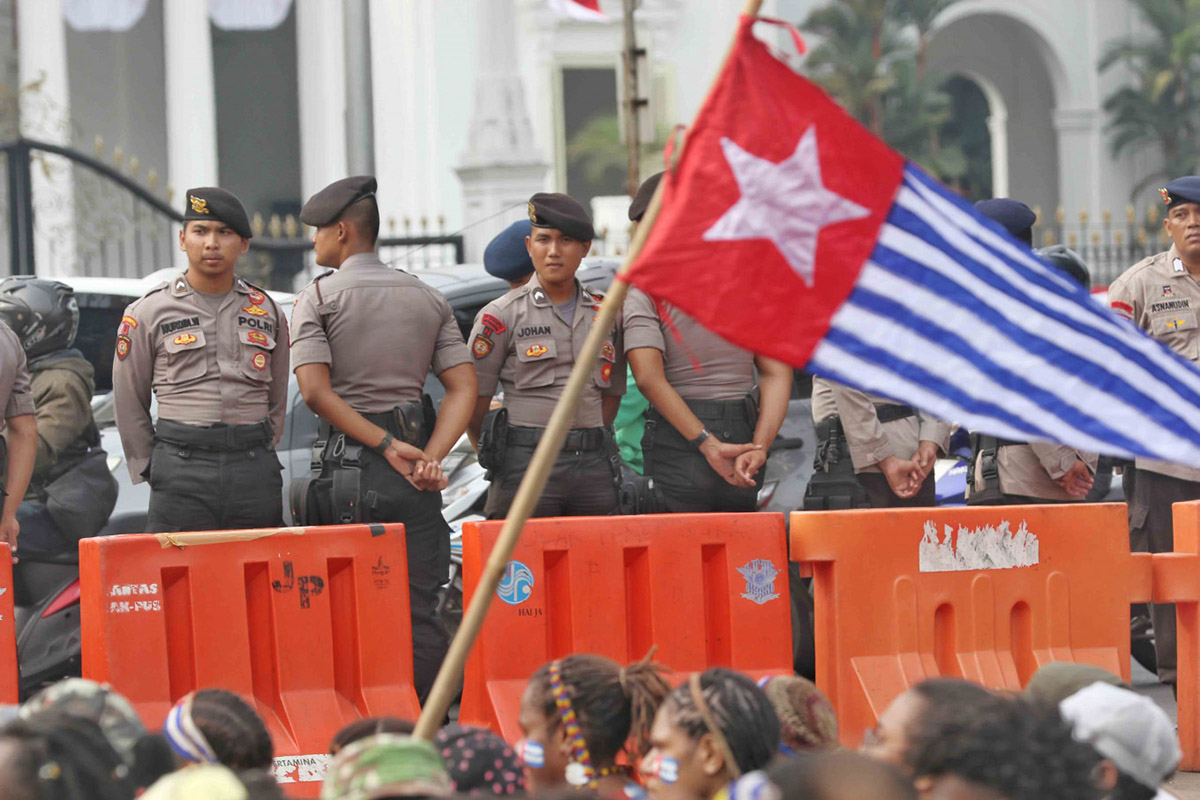

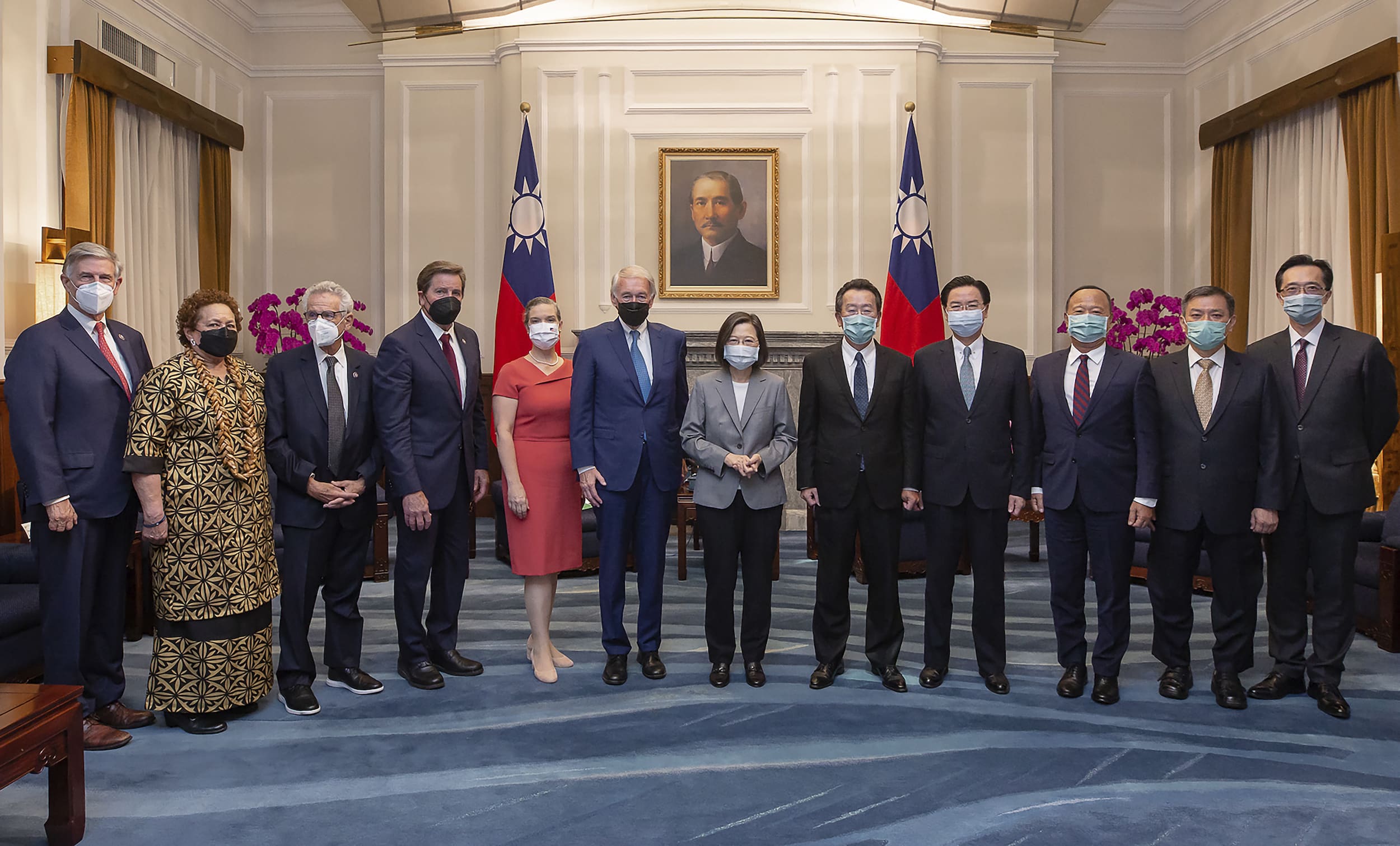
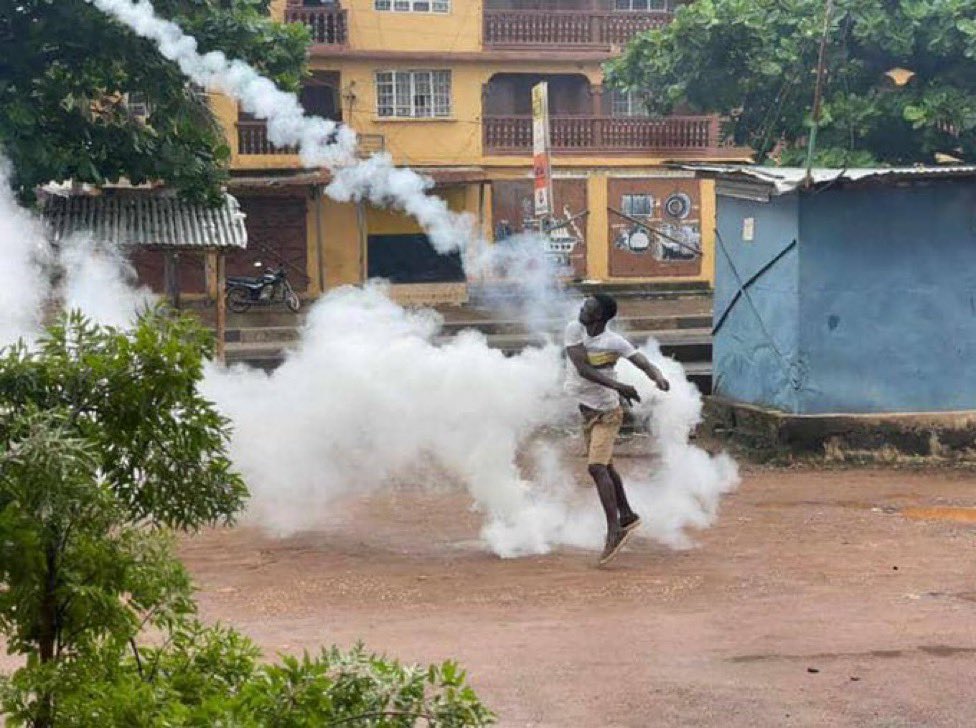

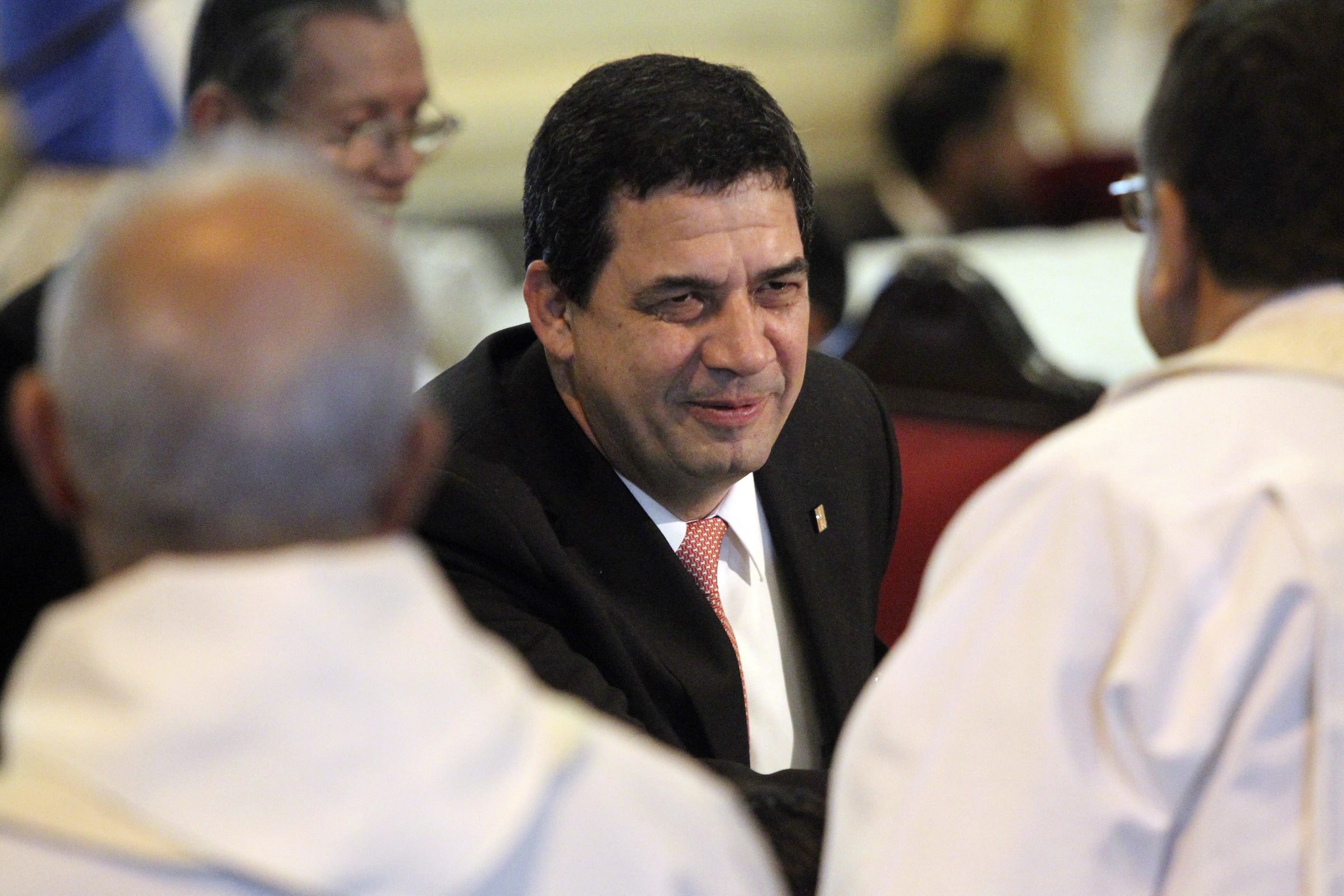

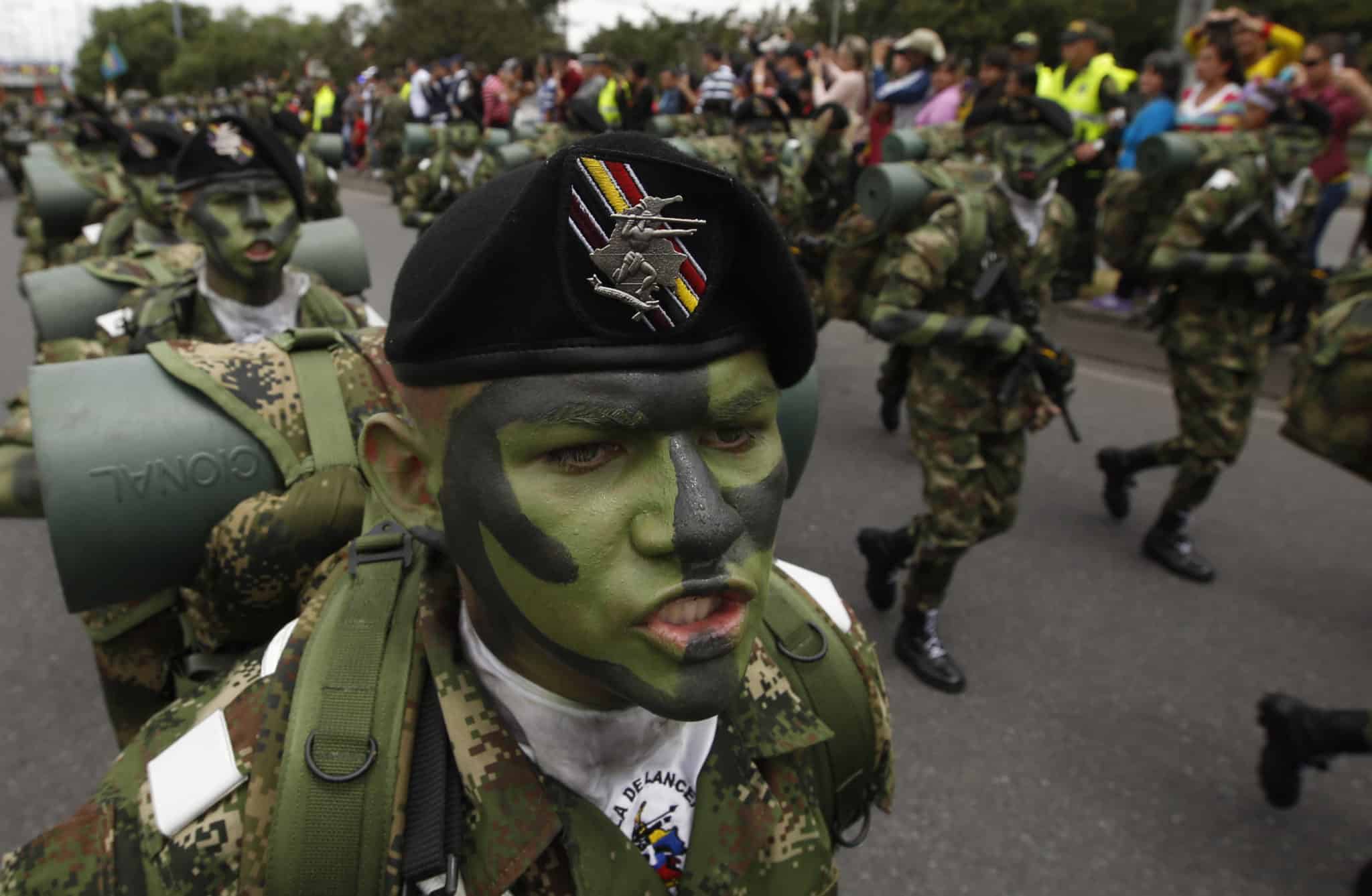

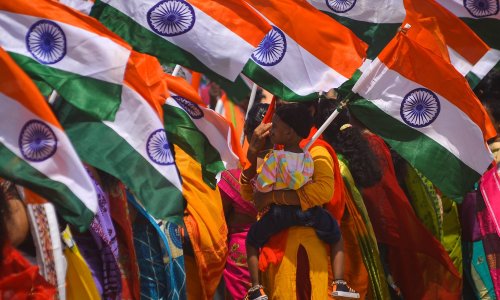

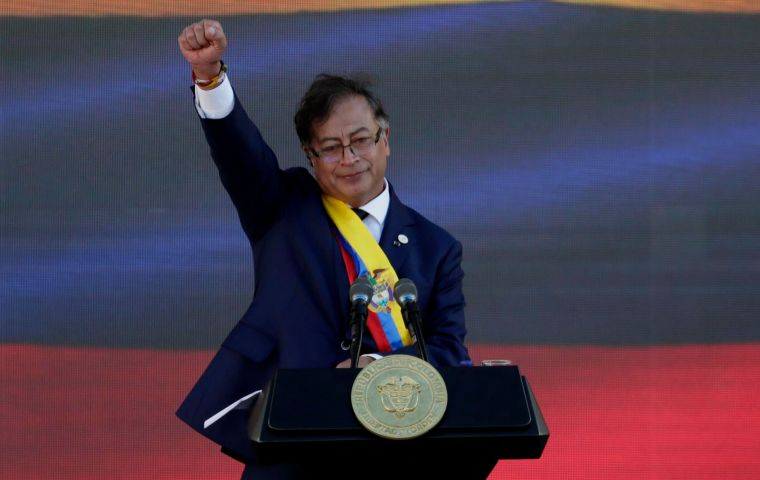

.png)

